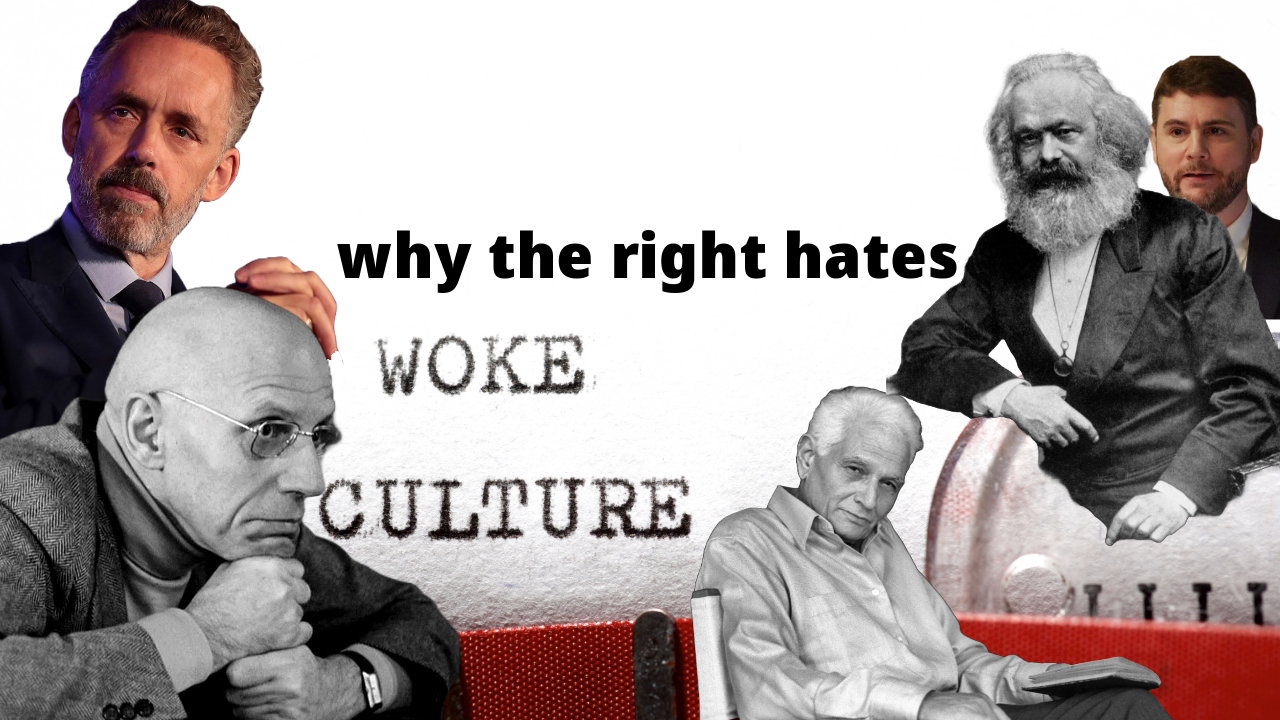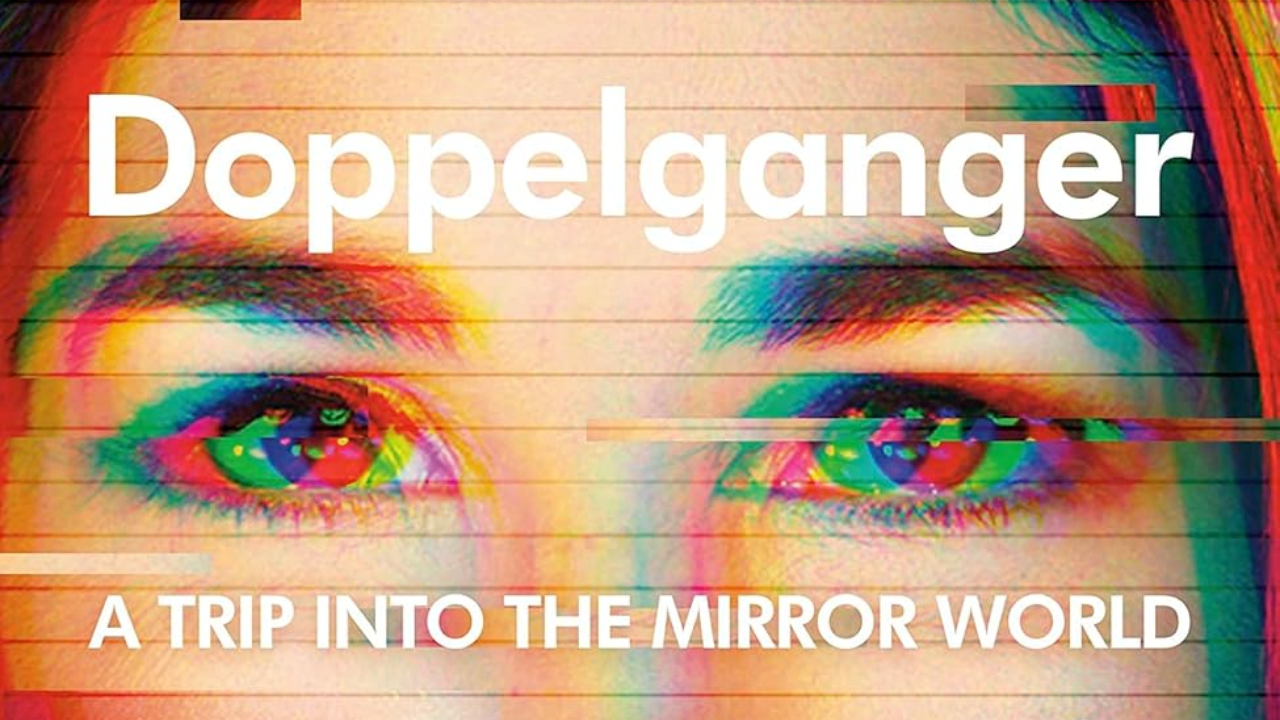It’s in times like this I am reminded of a quote from George Monbiot:
“The primary threat to the democratic state and its functions comes not from mob rule or leftwing insurrection, but from the very rich and the corporations they run.”
How Did We Get Into This Mess? – George Monbiot
And here we are in 2025, with the return of Trump and his MAGA nutjobs, more powerful than ever, all with the help of oligarchs like Musk. On the day Trump is inaugurated, Musk does a speech and makes back-to-back nazi salutes.
There are arguments for “context” – he’s apparently throwing his heart out to the crowd… seriously?

The worst argument is that he made this awkward “gesture” because of autism… This is not an excuse to perform a Roman salute – which is, in fact, the Nazi salute.
The strange thing is, as insane as all this is, who is surprised? Sure, the dog whistles have turned into centre-stage performances, but what else has changed?
The Proud Boys and their affiliates had a march through Washington, celebrating Trump’s return and the release of what they call “political prisoners.” Trump has recently called January 6 a “day of love,” so there is no hiding who these MAGA Republicans are anymore.
True to his word, and the prophetic Project 2025, on his first day in office, Trump signed a slurry of executive orders that confirm the ramblings of his campaign speeches were true.
Among these executive orders was the order to end birthright citizenship (which should be blocked by the courts as it’s unconstitutional), including births by mothers who were legally in the country, although on a temporary visa.
Trump signed several orders related to immigration, including the designation of drug cartels as foreign terrorists, but the most worrying is declaring a national border emergency for the southern US border.
If all goes well for Trump and his insane sycophants, the military could be deployed along the border to keep people out.
How could that possibly go wrong?
He then went on to rename the fucking Gulf of Mexico to “Gulf of America” and reverse Obama’s renaming of Mount McKinley from Alaska’s Mount Denali.
Apparently “World Health ripped us off,” so America is leaving the World Health Organisation in 12 months, and electric vehicle targets of making half of all new vehicles sold in 2030 electric have been revoked.
If you thought the world was burning too fast, these billionaires with their bunkers couldn’t care less. I saw online that some believed Trump would not do this, as it might interfere with Musk’s business.
Are you kidding? Musk will adapt. He has other businesses. He’s a MULTIBILLIONAIRE who might not like losing money, sure, but he won’t. His close ties to the President of the United States will make sure of that.
“This is the way our world is being carved up at an alarming rate. Europe, Australia, and North America are erecting increasingly elaborate (and privatized) border fortresses to seal themselves off from people fleeing for their lives.”
No is Not Enough – Naomi Klein
They’re also withdrawing from the Paris climate agreement (again) – not that we were keeping to the limits imposed anyway, but it was a goal to aim for. Now the only aim is “Drill, baby, drill” which I always translate as “Burn, planet, burn.”
There have been many executive orders signed by Trump, and they’re tiring to talk about, so I will focus now on the final few that show us Musk’s nazi salute was just a sign of things to come.
There will be an official policy stating there are “only two genders, male and female,” reversing Biden’s opposite move that accepted gender identity and its separation from sex. I see this getting no push back whatsoever, as the Democrats are terrified their “wokeness” lost them the election.
Federal employees will be made easier to fire, which will make getting rid of those who disagree with MAGA easy to get rid of and replace with compliant drones. And finally, Trump issued immediate pardons for EVERY SINGLE JANUARY 6 DEFENDANT.
Yes. All of them. That’s approximately 1500 people, who rioted at the Capitol at Trump’s behest after he lost the last election to Biden. Those imprisoned are free to go home.
If this revolting picture of Trump’s Day 1 turns your stomach, I can unfortunately say that things can only get worse.
With the focus on attacking minorities (immigrants, queer people, etc), releasing the January 6 rioters while making it easier to fire disloyal federal employees, and voicing imperial intentions on his neighbours (Panama, Greenland, etc), Trump is realising his fascistic vision of America.
“Politics hates a vacuum; if it isn’t filled with hope, someone will fill it with fear.”
No is Not Enough – Naomi Klein
The Democrats failed to offer the people of America anything but more of the same. No one believed their lives could change for the better under Harris, so they turned to the only man promising the world.





